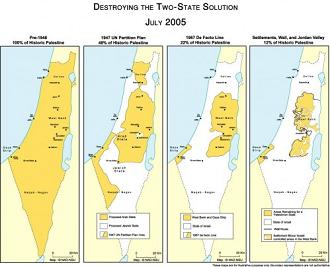Targeting Academic and Speech Freedoms: The Case of Canadian Professor Denis Rancourt

Section 2(b) of the Canadian Charter of Rights and Freedoms, a constitutional bill of rights, states:
"Everyone has the following fundamental freedoms:
dom of conscience and religion;(b) freedom of thought, belief, opinion and expression, including freedom of the press and other media of communication;
(c) freedom of peaceful assembly; and
(d) freedom of association."
Article 7 assures
"Everyone has the right to life, liberty and security of person and the right not to be deprived thereof in accordance with the principles of fundamental justice."
According to Yale Law Professor and constitutional scholar Thomas I. Emerson (1908 - 1981):
"Maintenance of a system of free expression is necessary (1) as assuring individual self-fulfillment, (2) as a means of attaining the truth, (3) as a method of securing participation by the members of society in social, including political, decision-making, and (4) as maintaining the balance between stability and change in society."
With no free expression right, all others are at risk at a time dissent is called a threat to national security, terrorism, or treason. Howard Zinn called it "the highest form of patriotism," and according to Voltaire, "I may disapprove of what you say, but I will defend to the death your right to say it."
In a post-9/11 climate, it's more than ever endangered, academic tenure affording no protection; to wit, Professor Denis Rancourt's University of Ottawa (U of O) March 31, 2009 firing, ostensibly for pedagogical reasons, but as he said:
"I was fired under the false pretext of having arbitrarily assigned high grades in one course in the winter 2008 semester. [To do so], the university had to dispense with due process. In the words of the professors' union's lawyer, my dismissal was 'both a denial of substantive and procedural rights....and a contravention of the basic principles of natural justice.' "


























